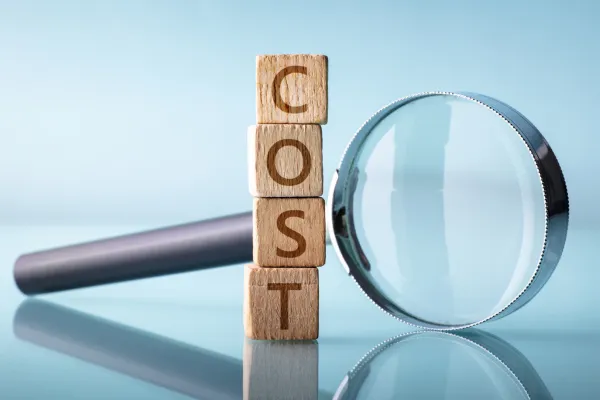
Cost of getting “Hiring Wrong”?
"If you think it's expensive to hire a professional, wait until you hire an amateur." — Red Adair
Hiring Mistakes: The Hidden Costs and How to Get It Right
A new survey by The Conference Board, which has been conducting executive surveys since 2000, reveals the top concerns of today’s chief executives. As we close out 2024, their priorities remain strikingly relevant. The top three worries for global CEOs are:
1. Risk of Recession
2. Attracting and Retaining Talent
3. Staying Ahead of Competition
Beyond these, executives are grappling with challenges like trade uncertainty, political instability, and relentless competition from disruptive technologies. This cocktail of pressures amplifies the need for companies to get hiring right. Why? Because hiring mistakes can be a fast track to failure. And as someone with over 20 years of experience in hiring, I can tell you this: hiring wrong is painfully expensive.

The True Cost of a Bad Hire
Consider these sobering statistics:
• The U.S. Department of Labor estimates that a bad hire can cost up to 30% of the employee’s first-year earnings.
• The Undercover Recruiter pegs the cost of a poor hire at $240,000, factoring in hiring, compensation, and retention-related expenses.
• CareerBuilder reports that 74% of companies who made a poor hire lost an average of $14,900 per hire — even at entry-level roles.
In her piece, What’s the Real Cost of a Bad Hire?, Rebekah Cardenas highlights that most organizations fail to systematically gather data to calculate the true impact of poor hiring. Instead, bad hires usually make headlines only when the damage becomes catastrophic: sinking morale, lost productivity, or even bankruptcy filings.
For family offices, private equity firms, or middle-market companies, the stakes are even higher. These organizations rely on exceptional talent to drive EBITDA growth, turn around struggling companies, and maximize returns on deals. A bad hire can derail progress, poison team dynamics, and damage reputations.
The Domino Effect of a Poor Hiring Decision
Bad hires create a ripple effect that extends far beyond immediate financial losses:
• Lower Morale: One weak link can frustrate and disengage high performers.
• Decreased Productivity: Teams waste energy navigating around inefficiency.
• Reputation Damage: Word spreads quickly when a company fumbles high-profile hiring decisions.
• Opportunity Costs: Time spent correcting a bad hire is time not spent driving innovation or growth.
What’s most surprising? Many companies repeatedly turn to the same “blue-chip” retained search firms, despite their underwhelming track records. These firms often deliver batting averages that might work in baseball but fall short in the high-stakes world of executive hiring. Expecting different results from the same methods is, frankly, a recipe for disaster.
Breaking the Cycle: Best Practices for Smarter Hiring
To avoid the costly pitfalls of poor hiring decisions, companies must evolve their processes. Here’s how:
1. Partner with the Right Search Firms: Choose partners who prioritize precision over transactions. A good search firm should be invested in your success, not just the placement fee.
2. Analyze the Data: Be honest about past mistakes. Gather insights to understand what went wrong and how to prevent repeats.
3. Challenge the Status Quo: Ditch the mindset of “this is how we’ve always done it.” Innovation in hiring practices is essential.
4. Seek Feedback: Engage all stakeholders in a post-mortem to identify lessons learned.
5. Define Role Essentials: Create a comprehensive list of “must-haves” for the position, including technical skills, interpersonal traits, and cultural fit.
6. Assess Culture Fit: Ensure candidates align with your organization’s values and dynamics. A technically sound hire who clashes with your culture can be just as damaging as a skill mismatch.
7. Strengthen Processes: Implement robust checks and balances to prevent recurring mistakes.
Final Thoughts
The cost of a bad hire goes far beyond dollars and cents. It’s about preserving morale, protecting reputations, and driving sustainable growth. As the challenges of 2024 remind us, the pressure to hire right has never been greater. But by embracing smarter practices and partnering with the right people, companies can avoid costly missteps and build teams that thrive.
Bad hires are avoidable—and the road to getting it right starts with asking better questions and demanding better solutions. Let Strong Tower Partner work with you to make sure every hire is the right fit.